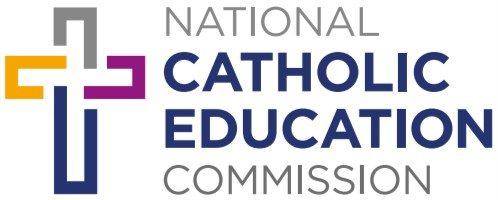13 December 2017
The National Catholic Education Commission (NCEC) says the 2017 NAPLAN report helps to paint a small part of a much larger picture of learning and teaching in Australian schools, but we shouldn’t get carried away with the data.
NCEC executive director Christian Zahra said while NAPLAN is a helpful diagnostic tool for teachers and school leaders to assess the performance of individual students and schools in literacy and numeracy, we will do a disservice to schools by comparisons on such narrow measures of learning.
“Like any standardised tool, NAPLAN can provide a small window on the progress of students in literacy and numeracy in Australian schools,” said Mr Zahra. “However, I would caution parents and policy makers to rely on such a limited data set to indicate and compare the overall achievement of students from school to school.”
“NAPLAN is helpful in providing point in time data to indicate the individual capacity of students, but it doesn’t provide the richness of student learning beyond basic literacy and numeracy skills.
“We have just seen the inaugural release of the OECD’s assessment of collaborative problem solving skills which is a first attempt to capture international data on a broader skill set, and there are plans to look at measuring creativity in the future.
“Painting a comprehensive picture of learning for one student is enormously complex, let alone getting a comprehensive picture of learning across schools or countries.
“Where NAPLAN can be of greatest benefit is for teachers, school leaders and parents to look at the individual data and ask how we can improve learning outcomes for this student?”
The NCEC said the results over 10 years show continuing improvement in most areas, but more needed to be done to ensure all students were achieving above the minimum benchmarks.
